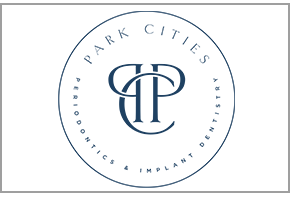What Is Root Planing?
Root planing is a procedure periodontists use in the fight against gum disease. Your periodontist will use specialist tools, such as a curette, to smooth away any gaps in the root of your tooth. This involves working beneath the gumline. Because of this, sometimes a periodontist will numb the gums to avoid any discomfort for the dental patient.
Gaps in the root are traps for bacteria, so eliminating them is essential to prevent or control gum disease or periodontitis. Reducing the bacteria associated with gum disease could even help prevent heart disease.
Root Planing Versus Scaling: Is It the Same?
No, but the two treatments usually go together. Scaling involves cleaning around and below the gumline to remove bacteria and tartar from the base of the teeth. It’s basically a deep clean for your teeth. Once the surface bacteria and plaque has been cleaned away, the root planing procedure ensures the root is nice and smooth to deter further bacterial build-up. Sometimes your periodontist will book several appointments to ensure your mouth is as clean as possible and ensure the root planing is completed thoroughly and carefully.
When Is Planing Necessary?
Your periodontist will decide whether root planing and scaling are necessary after assessing your mouth. Signs that you may need root planing include:
- Gums receding from the teeth
- Increased plaque
- Redness or swelling of the gums
- Loose teeth
In extreme cases of gum disease, you may have abscesses or other signs of infection. In those instances, your periodontist will typically discuss antibiotics or other forms of treatment with you, as well as looking at ways to avoid future bacteria build-up. You should always mention to your periodontist if you’ve been experiencing any bleeding when brushing or flossing and any problems with bad breath.
Talk to a Periodontist in Park Cities today about whether you need scaling or root planing to keep your teeth healthy and clean. Contact us on (214) 949-1836 or via our website.
Content found on this blog is intended for educational purposes only and should not be used as a substitute for professional judgement, advice, diagnosis, or treatment. Please speak with a professional if you have concerns about your oral health.
